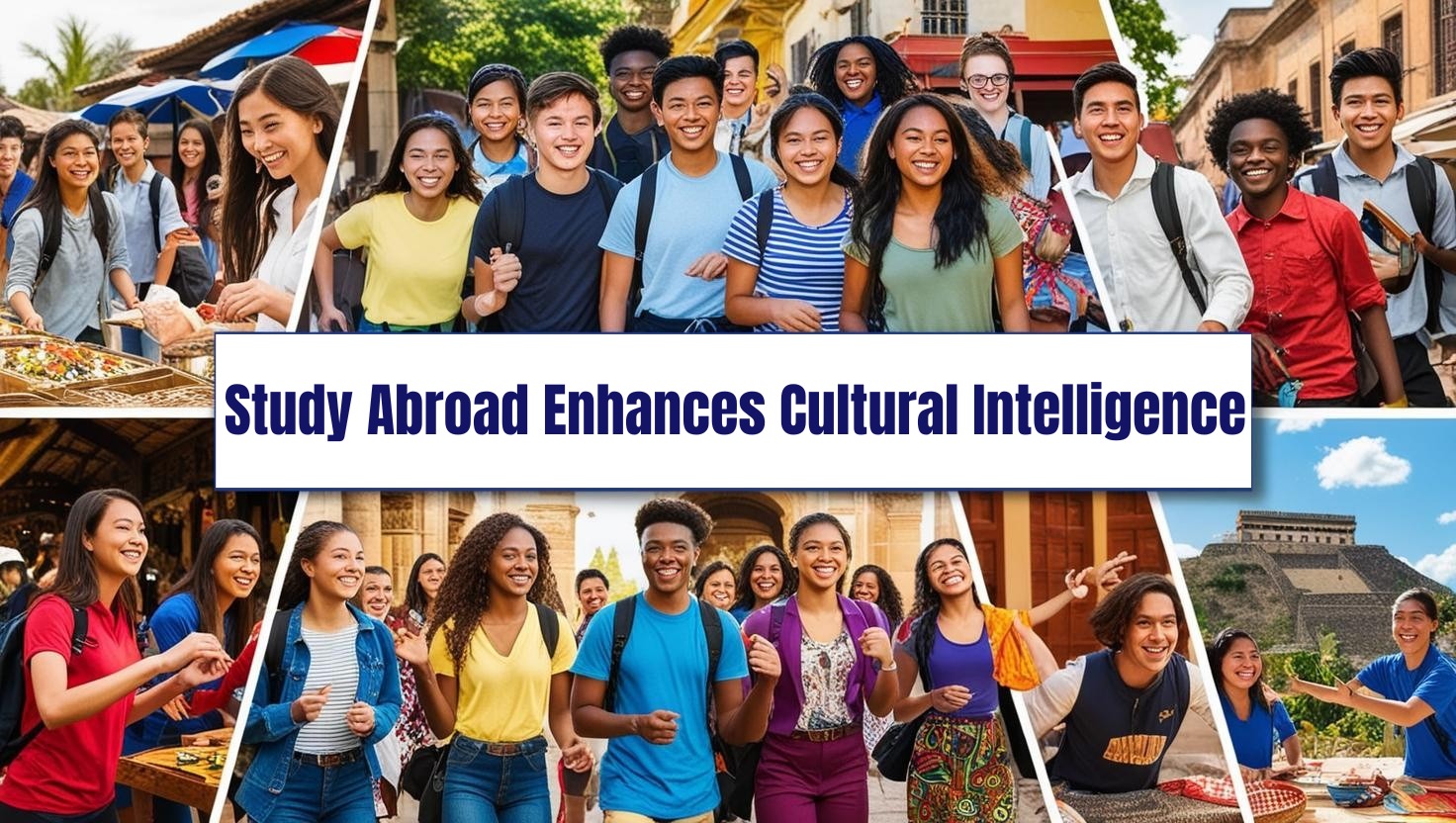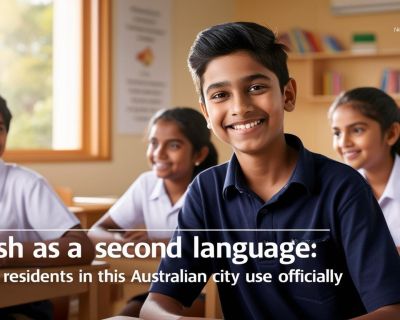Introduction
In today’s interconnected world, the ability to understand, interact with, and appreciate different cultures is a vital skill. This is where study abroad cultural intelligence comes into play. Defined as the capability to relate and work effectively across cultures, cultural intelligence is increasingly essential in both professional and personal settings. Similarly, possessing a global perspective—the capacity to understand and consider diverse viewpoints and global issues—is key in navigating today’s globalized society. Studying abroad offers an unparalleled opportunity to enhance both these competencies, providing invaluable experiences and insights that textbooks alone cannot convey.
The Transformative Power of Studying Abroad
Immersion in Diverse Cultures
Traveling to a new country often means stepping into a world of unfamiliar customs, traditions, and social norms. This immersion compels students to adapt and embrace cultural diversity firsthand. Whether it’s participating in local festivals, trying traditional foods, or engaging in daily conversations with locals, every experience contributes to a deeper understanding of the host culture.
Language Acquisition and Communication Skills
Language is a fundamental aspect of any culture, and studying abroad provides a natural environment for language learning. Living among native speakers sharpens listening and speaking abilities, enhances vocabulary, and improves pronunciation. Moreover, overcoming language barriers builds confidence and hones non-verbal communication skills, which are crucial for effective cross-cultural interactions.
Developing Adaptability and Open-mindedness
Being exposed to new and varied environments fosters adaptability. Students learn to navigate unknown situations, make informed decisions, and remain open to new ideas and experiences. This process cultivates open-mindedness—a willingness to consider different perspectives and approaches—an essential attribute in both personal growth and career development.
Enhancing Cultural Intelligence Through Study Abroad
Exposure to New Traditions and Customs
Studying abroad presents a daily opportunity to observe and participate in diverse customs and traditions. Such exposure helps students appreciate cultural nuances and gain a broader understanding of global diversity, enhancing their cultural intelligence significantly.
Overcoming Stereotypes and Prejudices
Direct interaction with people from different cultural backgrounds challenges preconceived notions and stereotypes. Students learn that each culture has unique attributes and complexities, leading to a more nuanced understanding of cultural diversity and reducing biases and prejudices.
Building Empathy and Cross-cultural Understanding
Experiencing life from another cultural perspective fosters empathy. It encourages students to understand and appreciate the feelings and attitudes of people from different cultures, enhancing their ability to connect and collaborate with diverse groups.
Gaining a Global Perspective
Global Networking Opportunities
Studying abroad opens up extensive networking opportunities with peers and professionals worldwide. Building international friendships and professional connections broadens one’s global perspective and can provide career advantages in an increasingly globalized job market.
Broadened Academic and Career Horizons
Educational systems and teaching styles vary across countries, offering fresh approaches to learning. Exposure to diverse academic methods and subjects not only enriches knowledge but may also reveal new career paths that a student might not have considered before.
Learning from Global Educational Systems
Different countries emphasize different aspects of education—whether it’s innovation, research, or practical skills. By experiencing these various systems, students learn to appreciate and integrate the best educational practices into their own learning styles and academic pursuits.
Personal Growth and Development
Increased Self-confidence and Independence
Living and studying in a foreign country demands a high degree of self-reliance. Overcoming daily challenges—such as language barriers, homesickness, or cultural misunderstandings—boosts self-confidence and fosters independence, preparing students for future challenges.
Strengthening Problem-solving Abilities
Adapting to a new cultural context is a continuous problem-solving process. Students must navigate unfamiliar systems, such as public transportation and bureaucracy, which sharpens their critical thinking and problem-solving skills.
Cultivating Resilience and Resourcefulness
Studying abroad helps students develop resilience— the ability to bounce back from setbacks. It encourages them to be resourceful, finding creative solutions to everyday problems, which is invaluable in all areas of life.
Practical Tips for Maximizing Your Study Abroad Experience
Engaging with Local Communities
To fully embrace the study abroad experience, students should actively engage with local communities. This might include participating in community events, volunteering, or joining local interest groups.
Keeping an Open Mind and Being Curious
Approaching the study abroad experience with openness and curiosity is crucial. It’s important to question assumptions, explore unfamiliar areas, and remain receptive to learning from every encounter.
Documenting and Reflecting on Your Experiences
Keeping a journal or blog can be a meaningful way to document experiences and reflect on personal growth. Revisiting these reflections can offer insights and solidify the lessons learned during the study abroad journey.
Conclusion
Embracing a global education through study abroad offers transformative benefits that extend beyond academic achievements. Enhanced cultural intelligence and a broadened global perspective prepare students for diverse environments and challenges, equipping them with skills necessary for success in the global arena.
Call to Action
The opportunity to study abroad is a chance to explore, learn, and grow in unimaginable ways. Readers interested in such experiences are encouraged to investigate various programs and resources dedicated to facilitating international study. Explore reputable organizations, universities, and scholarship opportunities to embark on this rewarding journey.




















